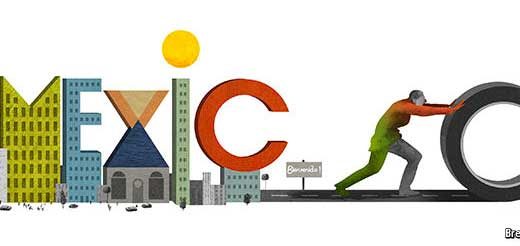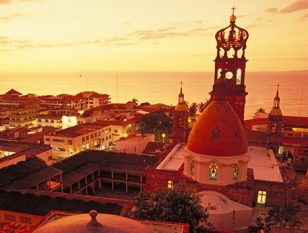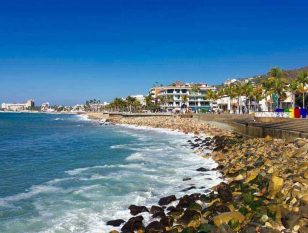
In a recent issue of the Economist, features an article entitled “Open for Business” regarding Mexico, and how it is managing to stay "open" whereas other countries are talking about building walls and taking apart existing trade deals. Britain is considering withdrawing from the European Untion, the EU is overwhelmed with a refugee problem, a U.S. presidential candidate talks of building a wall between the U.S. and Mexico, and Brazil seems to be closing its doors, rather than opening them.
Here’s some highlights from the article, starting with the good news...
- Mexico...continues to carry a torch for globalisation. President Enrique Peña Nieto’s administration boasts about the country’s 44 trade deals, more than any other country, and its 11 reform initiatives.
- The World Bank calculates that Mexico is one of the most open large economies in the world: exports plus imports are equivalent to 66% of GDP, compared with 26% for Brazil and 42% for China.
- Mexico is now one of the world’s top 15 manufacturing economies and one of its top five car producers. The output of the ten largest car plants rose from 1.1m vehicles in 1994 to 2.9m in 2012.
- The Boston Consulting Group finds in a survey that its people take a positive view of the future: 77% of Mexicans say they are optimistic, and only 6% that they are very pessimistic. Mexicans see the likes of Donald Trump as being cut from the same cloth as the old-fashioned Latin American strongmen who ruined the region through protectionism and gesture politics.
However...
- Mexico is one of the world’s most unequal societies. Perhaps half of Mexicans are still poor and parochial, beset by crime and corruption, and poorly served by schools and banks.
- The economy is hobbled by a long tail of inefficient firms: the McKinsey Global Institute, a think-tank, points out that, though the productivity of Mexico’s globalised companies has risen by 5.8% a year since 1999, the productivity of small, traditional firms has fallen by 6.5% a year.
- Poorer regions, especially in the south, are mired in the past, too far from the American border to benefit from the manufacturing boom.
- These problems have held back the economy’s growth rate to a disappointing 2-3% over the past 30 years. They have also supplied the drugs cartels (which benefit from globalisation in their own, malign way) with an endless supply of young recruits.
Read more here.
Similar posts


